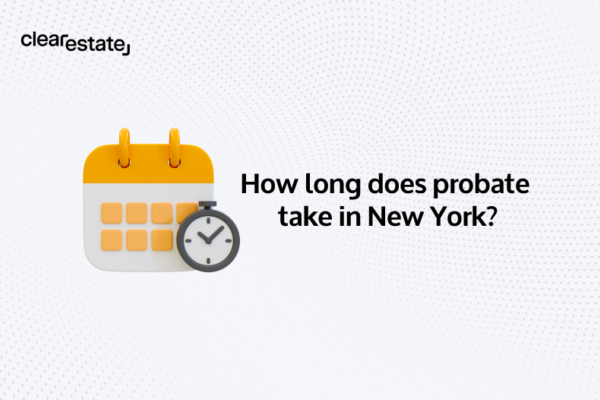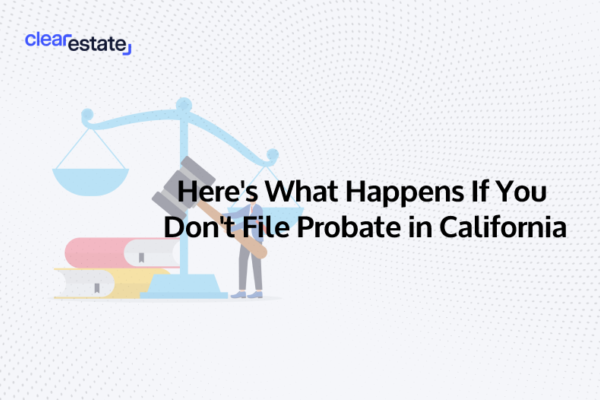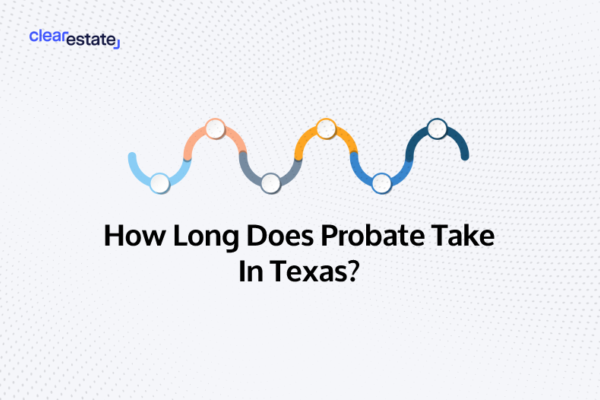The REG 5 form
The uncomplicated REG 5 form will transfer the vehicle in question from the estate of the deceased to a relative, or specified beneficiary in the Will. The new owner can then decide whether to keep the vehicle, sell it, or perhaps trade it for something different.
The REG 5 is to be completed by one of the following:
- The person or persons specifically designated in the decedent’s Will to take ownership of the property upon death.
- The guardian or conservator who succeeded to take control of the decedent’s property under death.
- A beneficiary specified in the decedent’s Will to take possession of the vehicle after his/her passing.
- A designated Trustee appointed by the decedent prior to death.
In order for a vehicle to be transferred to a new owner without probate, it must be titled in California. If this is not the case, the vehicle’s transfer must be handled by the appropriate officials in the state where the title is held. I
t’s important to note that states may not have the same vehicle transfer requirements as in the decedent’s home state.
There are some other stipulations for an out of probate vehicle transfer.
Forty days must have passed since the vehicle owner’s passing. If the vehicle was owned by two or more decedents, i.e., a husband and wife who have both died, original or certified copies of BOTH death certificates, and a completed REG 5 form for the most recent decedent, must be submitted.
Lastly, if the vehicle was owned by two or more persons, but only one of the two is deceased, the REG 5 form may not be used to bypass the interest in the vehicle by the surviving owner.
If the surviving owner is an heir and wishes to release his or her interest in the vehicle, the REG 5 form may be used for this purpose. The title must then be signed twice. First, by the surviving owner, and secondly, by the Executor on behalf of the deceased.





